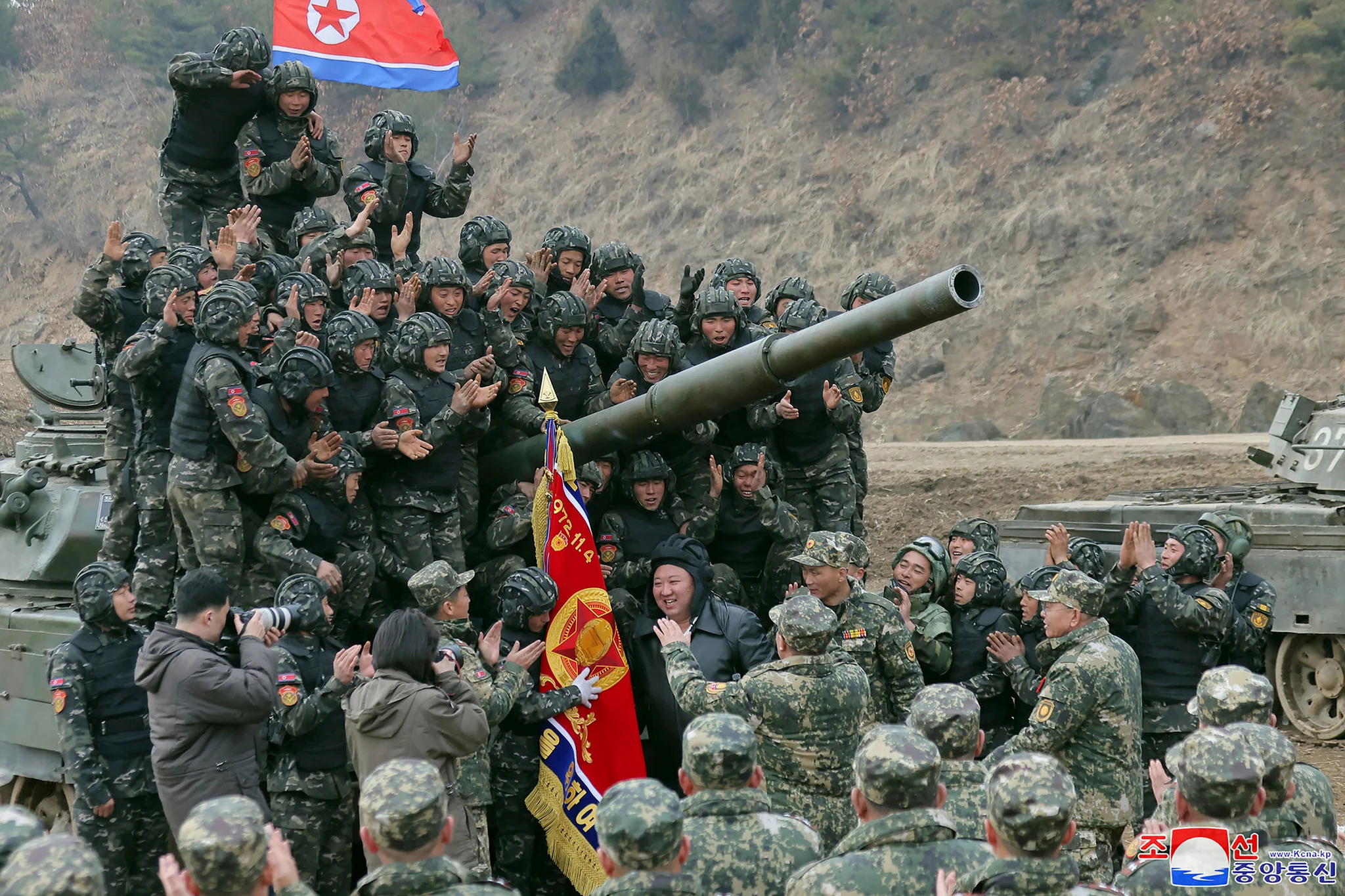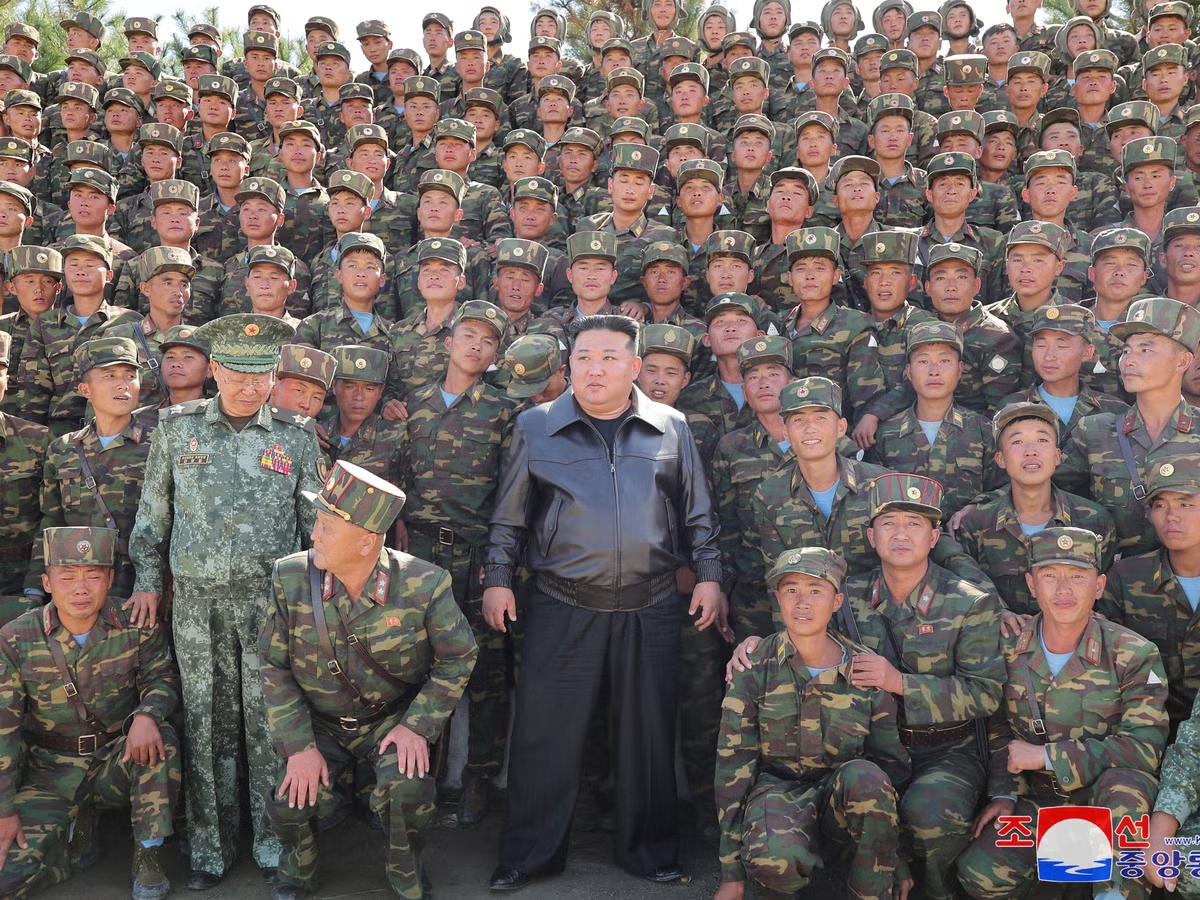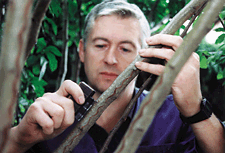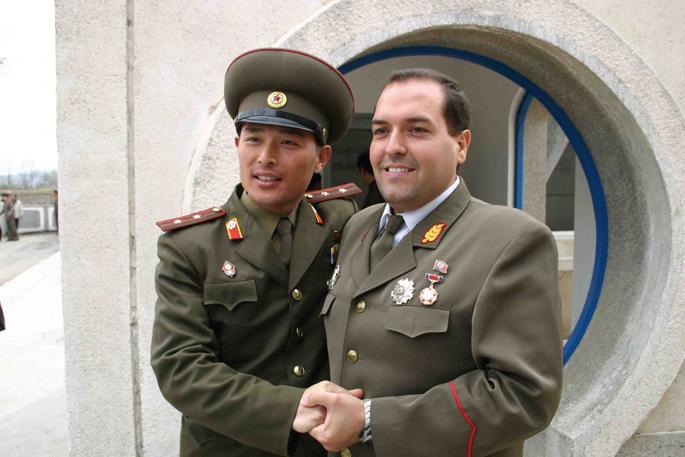North Korean Soldiers in Europe: Why The Sangria Resides
- What could the North Korean regime want to achieve with its blood contribution to the Russian war? On the one hand, experience; on the other, reciprocity.

While announcing that Russia has recovered all the territories of Kursk, both North Korea and the Kremlin have admitted that North Korean soldiers have been involved in resisting the operation launched by Ukraine in August last year. That they have not only participated, but that they have had an important requirement, if we consider the praise. Since its publication, it should be concluded, by the way, that the intervention of about six months ends with the recovery of this territory.
The assertion has sparked too little reflection in the Western media. And when it has been meditated, it has been for self-confirmation, almost without exception: “We said that North Korea was helping Russia in the war in Ukraine; and look!” Without remembering that it is a little difficult to derive the right conclusions from the wrong premises.
To begin with, what would seem to be pure formalism: Kursk is not Ukraine. And even though it can be widely accepted that the offensive launched there by the Ukrainian armed forces in August stems from the “war in Ukraine”, it is not, for example, equivalent to the attack on Donbass in international relations, as far as Russia is concerned. Juridically, North Korea and Russia could have approached the mutual defence treaty if they cared about juridicality. Even more important, however, are the cause and the course of this intervention. Because of the consequences it can bring.
From the outset, it was assumed that the contribution of the North Koreans would be to cover up, or at least alleviate, Russia's military deprivation in its post-war period as a result of the notorious casualties. The concept of “cannon fodder” was widely used among us. The inevitable conclusion was that the operation had to be requested by Russia – and approved by North Korea.
The thesis was too weak. Because the contribution that the North Korean soldiers could make on the Kursk front would hardly compensate for the entanglements that they were forced to create: communication and command systems, logistics, tactical automatisms... North Korea could – and should – make a serious contribution to Russia, for example, in the supply of ammunition. But his troops could hardly have been of any help to General Gerasimov, whose command unit is the most esteemed motto.
And what I'm seeing now makes me think very vividly that it was the other way around: That the intervention has been requested by North Korea – and approved by Russia.
What could the North Korean regime want to achieve with its blood contribution to the Russian war? On the one hand, experience. Like China, on another scale, North Korea causes the main deficiency of its armed forces in the absence of war experience, something that not only its soldiers, but also the current top commanders, do not have. From this perspective, Kursk would have been an excellent school.
There would be reciprocity, on the other hand. For those who expect a possible armed conflict in their territory without delay, it is not the same whether Russia is merely an interested observer or a direct debtor. Because not only the bleeding should be compensated.
To replace the lack of Chinese “volunteers” that would appear more difficult this time.
“Nire botoi nuklearra askoz handiagoa eta ahaltsuagoa da”, adierazi du Twitter bidez Donald Trump AEBetako presidenteak, Kim Jong-un Ipar Koreako liderrari erantzunez. Askoren arreta deitu du Trumpen jarrerak, baina Anoosh Chakelian-ek New Statesman-en nabarmendu... [+]
Alarma guztiak piztu ditu astearte goizean Ipar Koreak jaurti duen misilak. Japonia gurutzatu du eta kalterik eragin ez duen arren, erasotzat jo du Shinzo Abe lehen ministro japoniarrak. Azken egunetan beste hiru misil proba egin ditu Ipar Koreak.
Alejandro Cao de Benós Ipar Koreako kanpo harremanetarako idazkariak hitzaldia emango du Donostiako Garoa Kultur Laben. Bera da Kim Jong-un jeneral eta estatuburuaren aginduetara ari den atzerritar bakarra.
Munduan barrena ikusten duena kontatzen digu Rafael Poch-de-Feliuk, sakontasunez eta ukitu bereziz. Jot Down aldizkarian irakurri diogu ondorengo elkarrizketa eta Larrunera ekartzea merezi duela iruditu zaigu. Biziki eskertzen diegu argitaratzeko baimena eman izana. Alemania,... [+]
Ipar Koreak bere instalazio nuklear nagusiaren erregaia behin baino gehiagotan eskaini zien AEBei, laguntza ekonomikoaren truke. Obamak proposamen guztiak arbuiatu zituen. Horrela azaldu du Russian Today hedabideak gaur, 2011n AEBetako Estatu Departamentuko funtzionario ohi... [+]





















